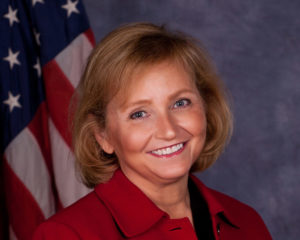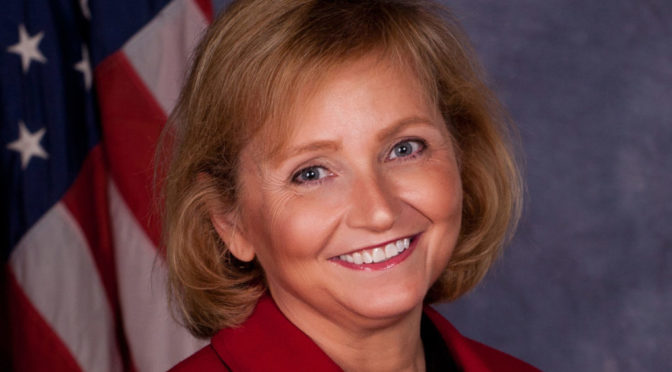
April 7, 2023
Final Action on Conference Committee Reports (CCR) sent many pieces of legislation to the Governor last week. Work was intense the past week, with leadership finally shutting down business after 4 am Friday morning. The legislature returns in late April.
Property, Income and Sales Tax Relief passed the legislature in CCR 169. It still has a final hurdle. The Governor could sign it into law, let it become law without a signature, or veto it. The property tax cut is a result of exempting the first $60,000 of valuation, up from $40,000 on the 20 mil for schools. The Senate had led the effort last year on this and many other tax cuts. The House offered $80,000 and the Senate countered with $60,000 and an increase for inflation each year, which passed last year. It is a difference of around $50 savings per household, which is important, but the Senate position was a much bigger savings, to remove state income tax on Social Security and lowering the income tax rate below 5.25. Final agreements were: a single rate of 5.15% after a subtraction so that it is a tax cut for all; increasing the exemption on Social Security from $75,000 to $100,000 and an increase of $5,000 per year until there is no state income tax on social security; an annual increase on standard deductions based on inflation; accelerating the .5% corporate income tax cut scheduled in 2025 to 2024 and cut the privilege tax (bankers income tax) by .5% in 2024 and another .5% in 2025. The state grocery sales tax that passed last year, will be accelerated to zero in 2024 instead of 2025. Finally, taxpayers are a priority, not growing government. Throughout my time in the legislature, I have fought for tax relief and for fiscally responsible policy. CCR 169 is a major success in those efforts.
Expansion of the Property Tax Freeze for seniors and disabled veterans, property tax exemption for businesses competing against government business, limit filings and penalties for personal property, clarifying agritourism property classification, codifying in statute Revenue Neutral Rate notice language and the state to pay for the mailing for one more year, exempting manufacturer coupons from state sales tax, creating a tax credit for pregnancy center donations, expanding adoption tax credits, and other provisions are included in CCR 8. The House graciously accepted the Senate position on many provisions. I was very grateful as we are trying to help all Kansans. The House voted at 4 am Good Friday on CCR 8. The Senate will vote on it when we return in late April.
Limit on Property Tax Valuations We started with a 3% limit each year on property valuation increases in SCR 1610. It fell one vote short. It requires 2/3 majority in both chambers, to get it on the ballot for voters to decide. Working with others, we were able to keep the topics alive and found that 4% would pass the Senate. It passed with a super majority 28 to 11 (a reminder – the 3% limit failed on a vote 26 to 14). As I led the effort, we all know legislation of this magnitude doesn’t occur in a vacuum – it takes a team. Hopefully, the House will be able pass it this year.
Environmental Social Governance (ESG) was sent to the House with an amendment I offered, prohibiting state investments in countries that are known foreign adversaries to the U.S., such as China, Russa, and others. All investments would have to be divested within 18 months. Disappointingly, the House removed it and weakened the legislation. CCR 2100 was the final language. The Senate killed it on a vote of 16 to 20 to send a message, we didn’t agree with the House excluding the foreign adversaries language. However, we did a motion to reconsider since it appeared it was all we were going to get at this time. It passed 27 to 12. Why is it that a majority of Senators understand taxpayer money should not be invested with foreign adversaries of the U.S., but others do not?
It is an honor and a privilege to serve as your 12th District State Senator.
Caryn
